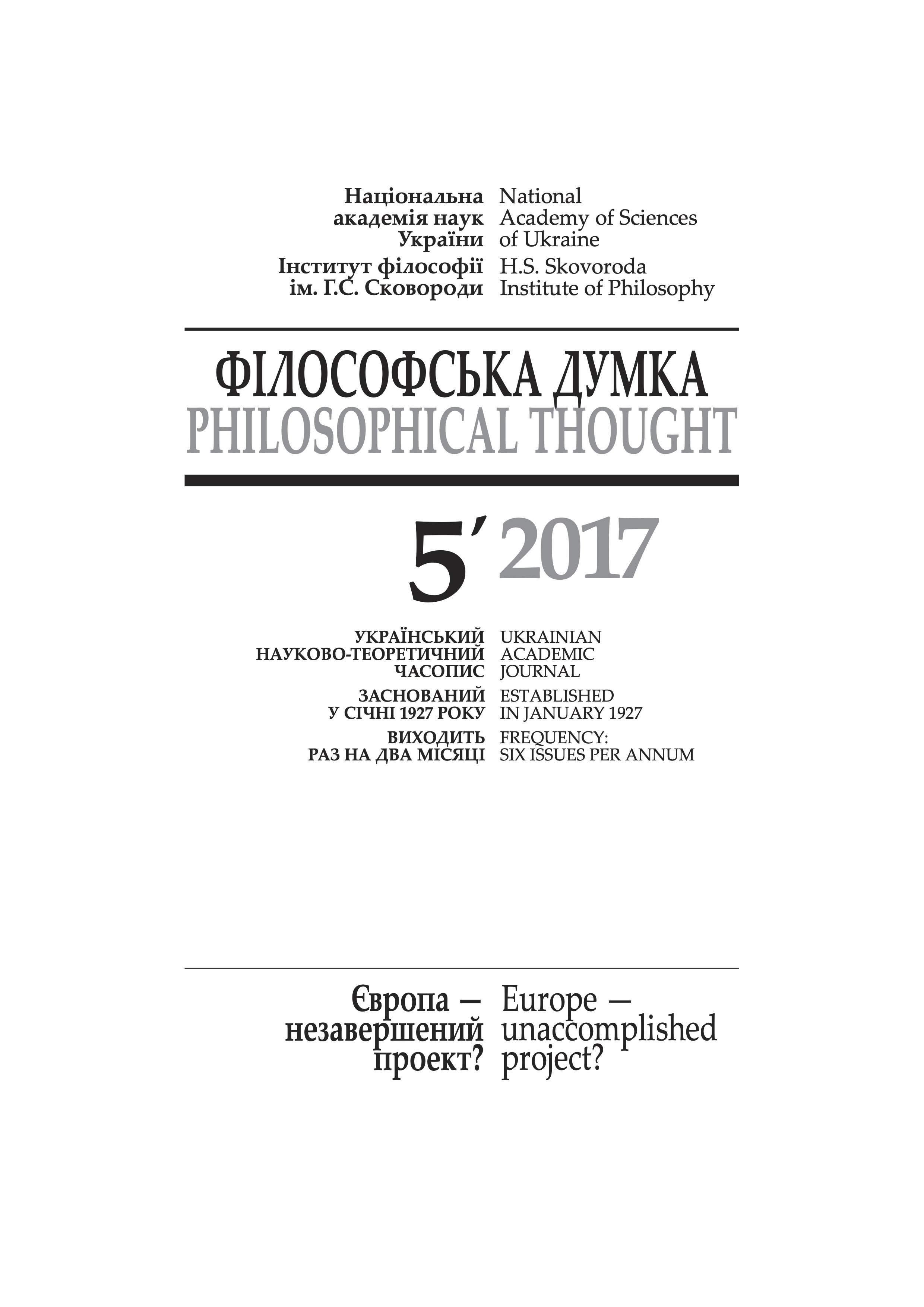Interactionism vs Epiphenomenalism: Unclosing the Causal Closure of the Physical
Keywords:
mental, physical, materialism, dualism, interactionism, epiphenomenalism, causal closureAbstract
The paper considers the issue of the causal closure of the physical in the perspective of the mind-body dualism. The two alternative dualist views, interactionism and epiphenomenalism, are compared. The main arguments for the causal closure of the physical (against interactionism), as formulated by David Chalmers, are critically discussed and found lacking. With respect to epiphenomenalism, it is argued that it suffers from several major deficiencies that make it untenable: it is practically unacceptable, because all our conscious practical activities are necessarily based on the assumption that our desires, plans, and ideas can influence our behaviour, which consists of physical events; it implies that all biological evolution and human history would be exactly as they are even if there was no consciousness; it leaves its adherent without reasons to believe that other human beings have consciousness and that his or her ideas about the physical world have anything to do with how things really are. The conclusion is made that epiphenomenalism is self-defeating and that for a dualist, interactionism is by far the preferable option.
References
Chalmers, D. (1996). The Conscious Mind. New York, Oxford: Oxford University Press.
Chalmers, D. (2003). Consciousness and its Place in Nature, In Stich, S. and Warfield, F. (Eds.), Blackwell Guide to Philosophy of Mind (pp. 1—45). Blackwell.
Eccles, J. C. (1989). Evolution of the Brain: Creation of the Self. London and New York: Routledge.
Goff, P. (2010). Ghosts and Sparse Properties: Why Physicalists Have More to Fear from Ghosts than Zombies. Philosophy and Phenomenological Research, Vol. 81, 119—39.
Goff, P. (2011). A Posteriori Physicalists Get Our Phenomenal Concepts Wrong. Australasian Journal of Philosophy, Vol. 89 (2), 191—209.
Jackson, F. (1982). Epiphenomenal Qualia. Philosophical Quarterly, Vol. 32, 127—136.
Jackson, F. (1986). What Mary Didn’t Know? Journal of Philosophy, Vol. 83, 291—295.
Kirk, R. (1974a). Sentience and Behaviour. Mind, Vol. 83 (329), 43—60.
Kirk, R. (1974b). Zombies v. Materialists. Proceedings of Aristotelian Society, Vol. 48, 135—152.
Kripke, S. (1972). Naming and Necessity, In Davidson, D. and Harman, G. (Eds.), Semantics of Natural Language (pp. 253-355). Dordrecht: Reidel.
Nagel, T. (1974). What is it like to be a bat? Philosophical Review, Vol. 82, 435—450.
Nagel, T. (2008). Mortal Questions. Cambridge University Press.
Nida-Rümelin, M. (2007). Grasping Phenomenal Properties, In Alter, T. and Walter, S. (Eds.), Phenomenal Concepts and Phenomenal Knowledge (pp. 307—338). Oxford, New York: Oxford University Press.
Popper, K. (1953). Language and the Body-Mind Problem. Proceedings of the 11th International Congress of Philosophy, Vol. 7, 101—107.
Popper, K. (1996). Knowledge and the Body-Mind Problem. London and New York: Routledge.
Popper, K. (2008). Language and the Body-Mind Problem, In Popper, K. Conjectures and Refu tations (pp. 395—402). London, New York: Routledge.
Robinson, H. (1982). Matter and Sense. A Critique of Contemporary Materialism. Cambridge: Cambridge University Press.
Robinson, H. (2015). From the Knowledge Argument to Mental Substance. Cambridge University Press.
Downloads
-
PDF
Downloads: 364
Published
How to Cite
Issue
Section
License
Authors who publish with this journal agree to the following terms:
- Authors retain copyright and grant the journal right of first publication.
- Authors are able to enter into separate, additional contractual arrangements for the non-exclusive distribution of the journal's published version of the work (e.g., post it to an institutional repository or publish it in a book), with an acknowledgement of its initial publication in this journal.
- Authors are permitted and encouraged to post their work online (e.g., in institutional repositories or on their website) prior to and during the submission process, as it can lead to productive exchanges, as well as earlier and greater citation of published work (See The Effect of Open Access).


